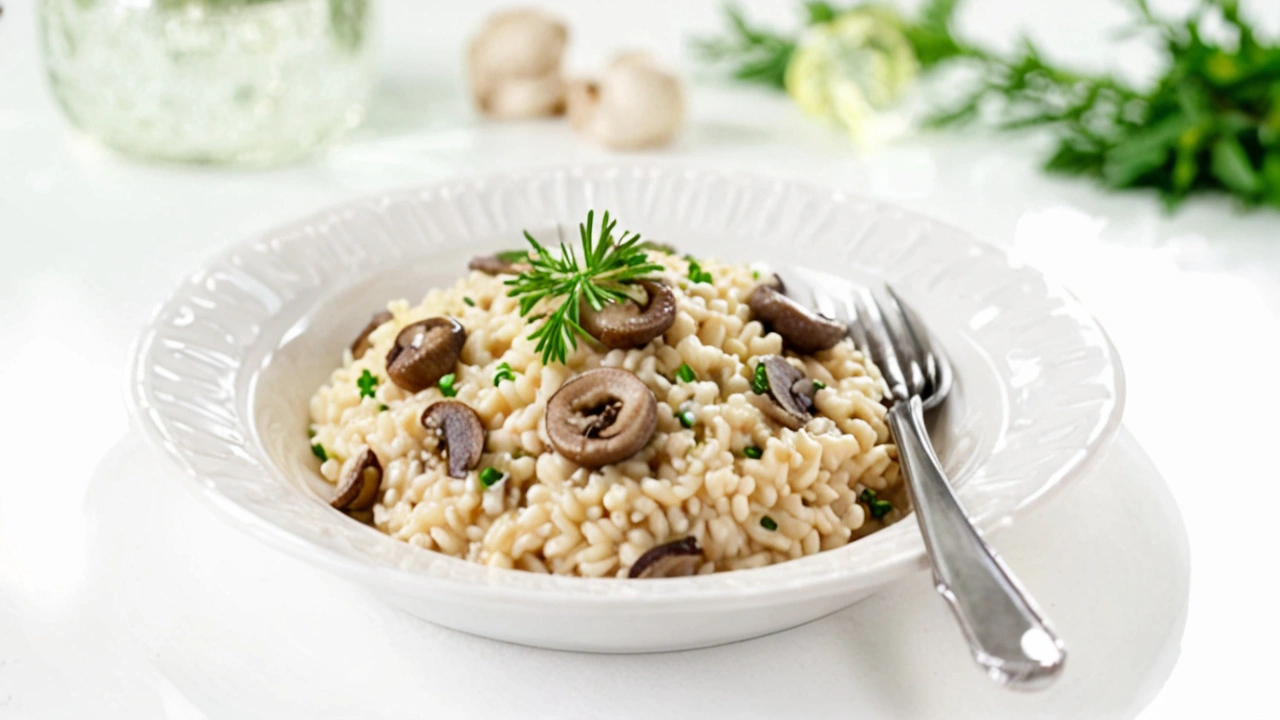Foods to Avoid: Straightforward Guide to Staying Safe and Healthy
Ever wondered why your doctor keeps reminding you about foods to avoid with certain meds? It’s not just about calories or cholesterol—some foods actually mess with how your medications work. Grapefruit juice, for example, doesn’t just taste tangy. It can block enzymes in your gut that break down medications, so a normal pill dose suddenly becomes way too strong or too weak. That’s a real problem if you’re taking drugs for blood pressure or cholesterol.
Dairy can trip you up too. Ever try to swallow your antibiotics with a glass of milk? Those calcium ions can cling to certain drugs like tetracyclines, so your body just flushes them out before they have a chance to work. And if you take thyroid meds like levothyroxine, you’ve been told to skip your morning coffee right after—because caffeine can block absorption and leave you feeling sluggish all day.
But it’s not only about drug absorption. Some foods make symptoms of chronic conditions worse. High-salt foods push up blood pressure for folks managing hypertension, while processed meats, chips, and canned soups sneak tons of sodium into your diet. Ever notice how spicy foods set off heartburn if you’re prone to reflux? People on medications like PPIs or H2 blockers often find that avoiding certain trigger foods keeps symptoms way down.
Alcohol deserves a special mention. Mixed with meds—especially painkillers, antidepressants, or diabetes drugs—it’s not just a bad idea, it can be dangerous. You risk higher side effects, liver issues, or even accidental overdose. The truth is, a single drink is sometimes enough to send things south when the wrong meds are in your system.
Eat a lot of leafy greens? Congrats, they’re healthy, but for people on blood thinners (like warfarin), too much vitamin K from spinach or kale can keep the drug from working as it should. You don’t need to cut these foods completely—just keep intake steady to help your doctor set your dose right.
Don’t stress—it’s not about a huge overhaul. Start by reading your medication guides and asking your pharmacist or doctor for a simple list of foods to be careful with. Keep it practical: jot down reminders, or use a phone note if you’re prone to forgetting.
And don’t think you’re alone in this. Tons of people are juggling new meds and diet changes. Just take it step by step—swap in lower-salt snacks, wait an hour before that morning coffee, or use a bit less salad dressing if salt’s a worry. The more you understand what to avoid and why, the more control you have over your health (and fewer unwelcome surprises from meds).
Curious about food-medicine combos for a specific drug? Check our other guides or use the search at BMPHARMACY.COM. We break it down with concrete tips and examples, so you don’t have to guess what’s safe and what’s not.
Foods and Products to Avoid While Taking Antabuse: Essential Guidelines for Safe Treatment
The article dives into critical guidelines for avoiding certain foods and products while on Antabuse, a medication used to abstain from alcohol. By detailing the risks associated with consuming alcohol-containing foods and common household products, it underscores the importance of patient education and vigilance for safe and effective Antabuse therapy.
